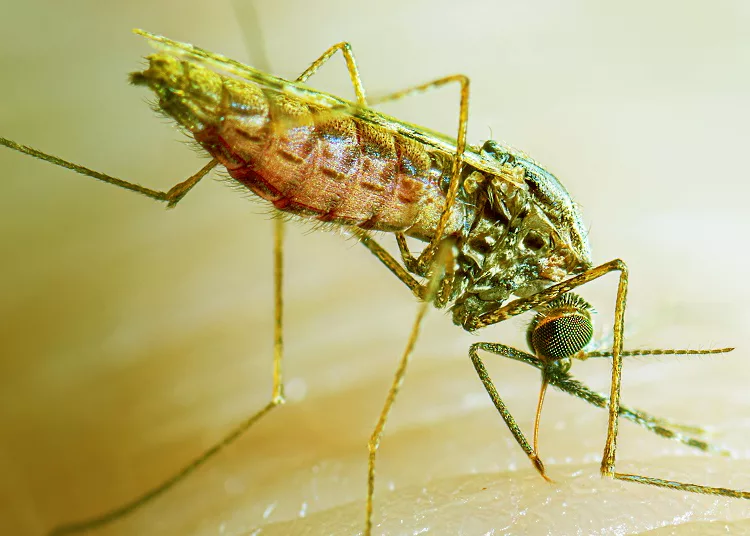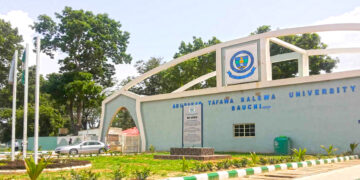South Sudan and its partners have launched the R21 Malaria vaccine to tackle the debilitating impacts of malaria, especially on children.
This launch was held yesterday by the South Sudan Ministry of Health in partnership with UNICEF, the World Health Organisation (WHO), Gavi, and the Vaccine Alliance, marking a historic step by the country in safeguarding the health and well-being of its children.
It followed the arrival of the first consignment of over 645,000 doses of the R21 malaria vaccine in Juba on 31 May 2024. These vaccines will initially be distributed to the 28 counties with the highest malaria burden, with plans to scale up the rollout nationwide, a statement issued.
Malaria continues to be a leading cause of illness and death in South Sudan, particularly among young children. In 2022, the country reported an estimated 2.8 million cases and 6,680 deaths. With approximately 7,630 new cases and 18 fatalities daily, South Sudan has one of the highest malaria incidence rates in the region.
“Malaria is a major concern for our country. We are committed to reducing the impact of malaria and improving the health outcomes for our children,” said Honourable Yolanda Awel Deng, Minister of Health. “The continued use of this vaccine, alongside other preventive measures such as insecticide-treated bed nets and timely access to medical care, will be instrumental in our efforts to eliminate malaria in South Sudan.”
“The nationwide rollout of the malaria vaccine marks a significant milestone in South Sudan’s journey to reduce the devastating burden of malaria and saving countless young lives. The development exemplifies how investments in health systems can yield significant benefits, ensuring that vaccines and other interventions reach those most in need. Together, we can build a stronger foundation for the health and well-being of future generations in South Sudan. We commend the Ministry of Health for their unwavering commitment to this cause,” said Patience Musanhu, Gavi senior country manager for South Sudan.
WHO recommended the RTS,S/AS01, and R21/Matrix-M vaccines to prevent malaria in children. The rollout of the RTS,S, and R21 malaria vaccines will ensure an adequate supply to meet demand, significantly benefiting children living in areas where malaria poses a major public health risk.





